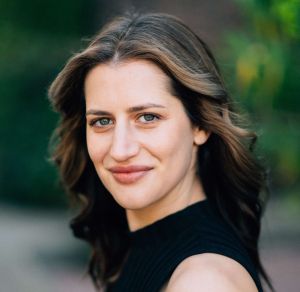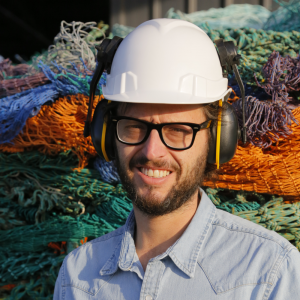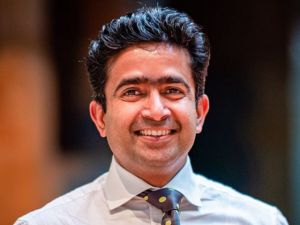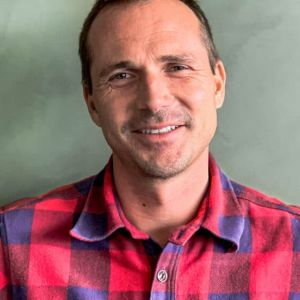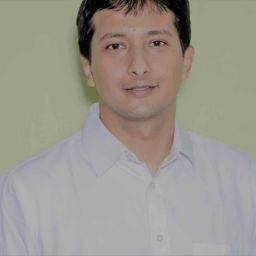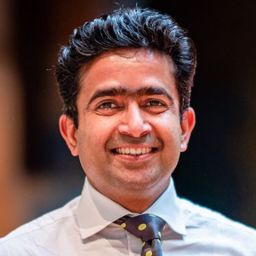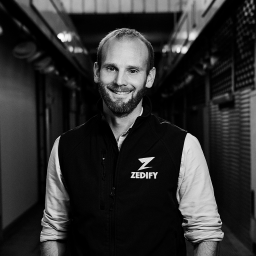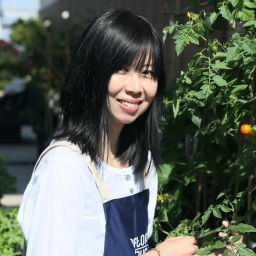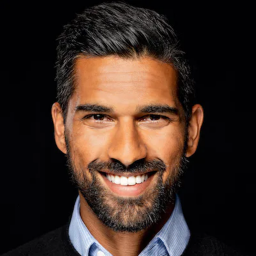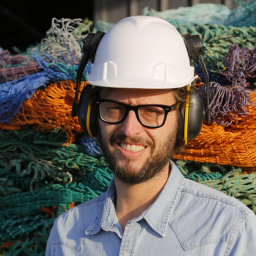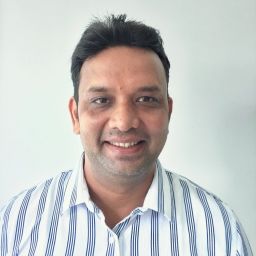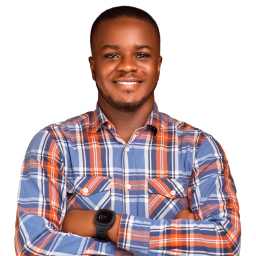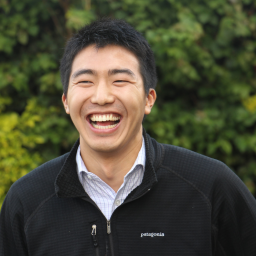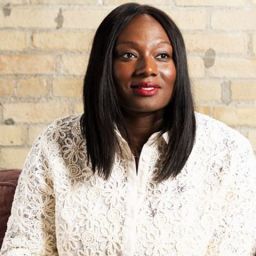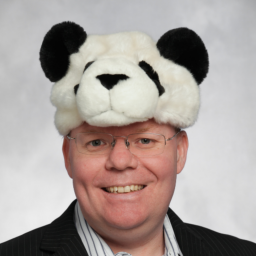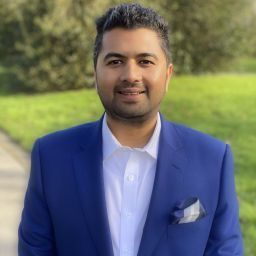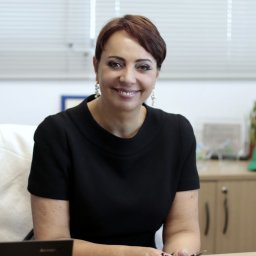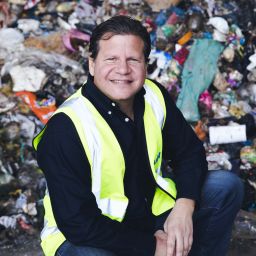The Meaningful Business 100 (MB100) are a cadre of social entrepreneurs who are introducing new ways of thinking and acting to address the world’s biggest challenges: climate change, pollution, hunger, poverty, education, and health. These leaders are creating social value in four areas: planet, prosperity, health, and equitable society. The Meaningful Business 100 hail from 48 countries; 18 of which represent large corporations and 82 of which are from SMEs and start-ups.
Albert Einstein wrote that “the world as we created it is a process of our thinking. It cannot be changed without changing our thinking.” How can we change our thinking to promote sustainability? How can we “be the change we wish to see”? How can we promote the Sustainable Development Goals (SDGs) in new ways and Build Back Better in a world of pandemics?
As a Judge for the MB100, I am inspired by the more than 500 nominations of leaders who are using business as a tool to create positive social change. People like Robson Melo, who was born in a Brazilian favela, went on to create Estante Magica, a program to empower Brazilian school children to write books, which are then published by Estante Magica. Robson Melo is a positive maverick, a leader changing our view of what is possible, audaciously acting to create a different future in partnership with 4,000 Brazilian schools.
Prasad Kompalli, founder of MFine in India uses AI (artificial intelligence) to link people with doctors and hospitals. By creating AI driven virtual hospitals, MFine provides screening for dengue and STDs, as well as addressing a wide range of health issues in collaboration with 100 hospitals and 500 doctors.
What can we learn from the MB100?
We need new business models.
A large number of the companies represented in the MB100 are certified B Corps, including Danone, Ben & Jerry’s, Patagonia, Seva Exchange, ArtLifting, Greyston Bakery, and Kin and Co. B Corps are certified by B Labs and are working to address social and environmental issues through business. They are required by law to consider the impact of their actions on workers, customers, suppliers, and the community. B Corps harness the power of business as a force for social change.
Waste can be a raw material for making products.
The MB100 upcycle waste to create new products and new ways of production.
Adidas has made 5 million pairs of shoes from ocean plastics. Patagonia makes 69 percent of its clothing from recycled materials. Mamut in Bolivia uses spent rubber tires to make flooring for playgrounds and sports arenas and is expanding its market to several countries in Latin America.
Kohler has created a WasteLAB to search for ways to use by-products from its production to create new sources of raw materials. This kind of circular production is echoed throughout many of the MB100.
Natura, the Brazilian cosmetics company, is creating synergistic production with other companies so that other companies can use its by-products.
Data and technology can accelerate the adoption of the SDGs.
A wide range of the MB100 use data and tech to solve social problems. Copia has created a technology platform to collect food destined for landfill and to create logistics for its collection and use
Ujuzi Kilimo use data to enhance farming in Kenya. With mobile phones, farmers harness data from sensors that capture data about the soil and rainfall to promote “climate-smart farming.”
BioBot Analytics is tackling the opioid crisis by measuring opioids in sewage to estimate consumption and leverages that data to create solutions.
Oviva digitizes nutritional therapy to help patients with diabetes and children with allergies to access better nutrition.
YGM uses virtual reality technology to help Nigerian women learn self-defense.
Business can leverage social innovation through its supply chain.
Many MB100 leaders promote sustainability through their supply chain. Ben and Jerry’s sources only fair trade products for its ice cream and yogurt maker Chobani sources milk through cooperatives.
Each of the MB100 leaders addresses the SDGs in innovative ways, incubating new approaches to development.


